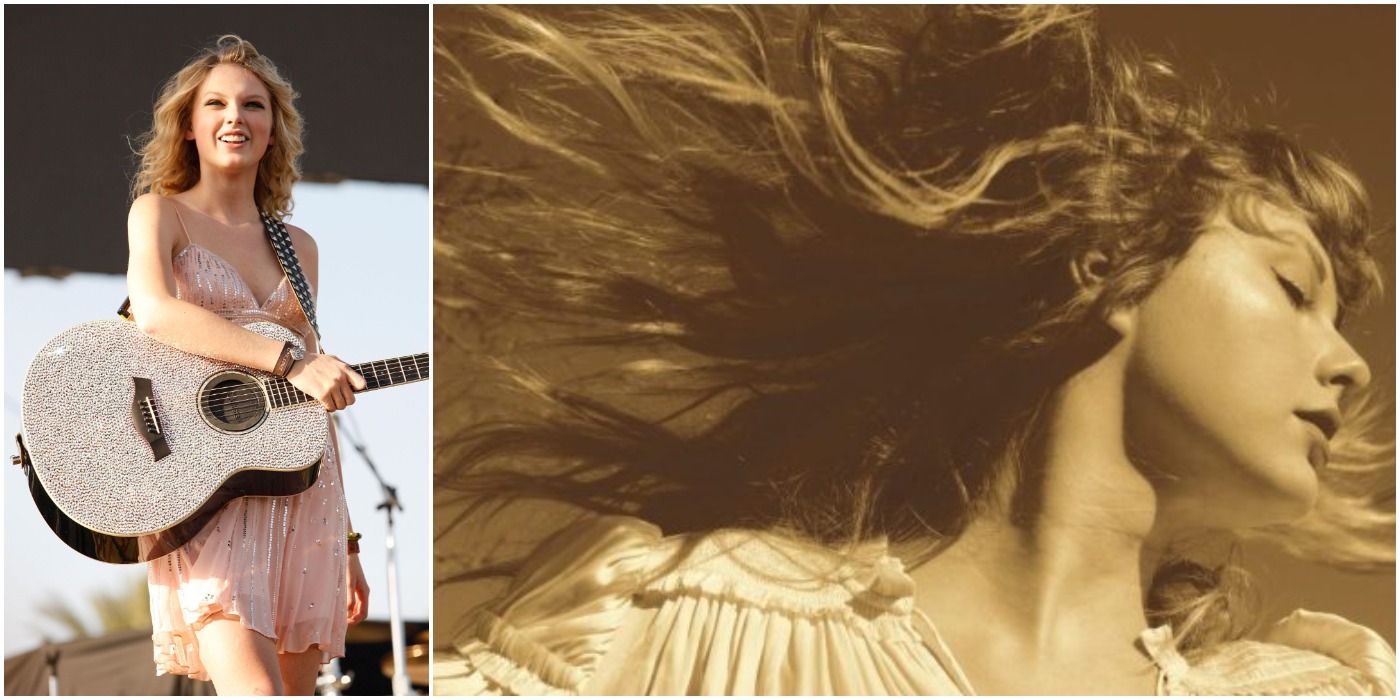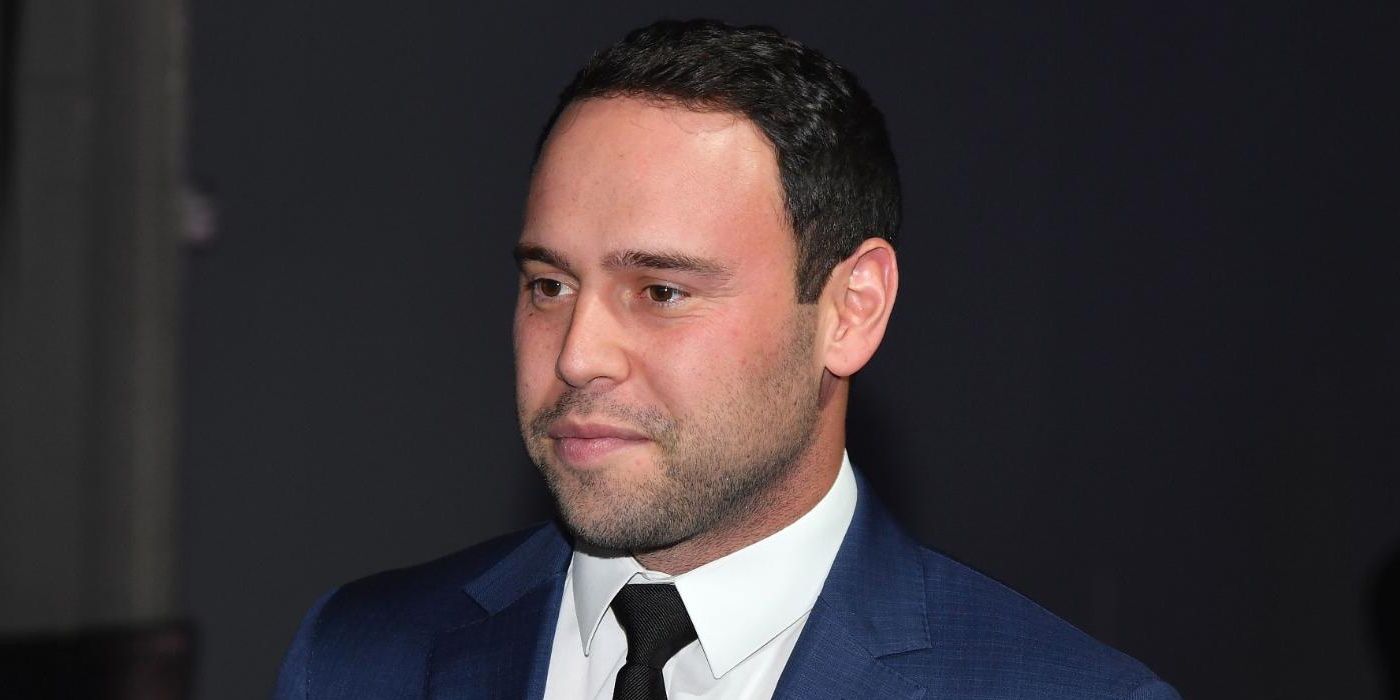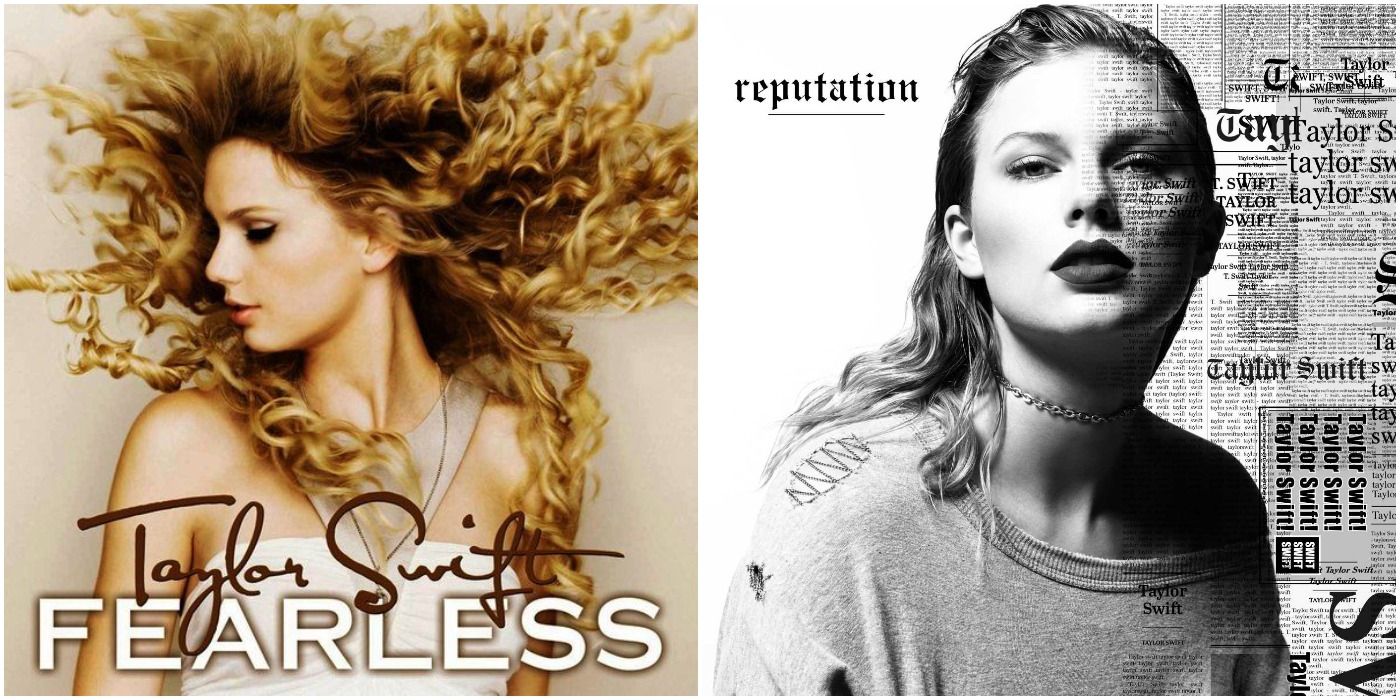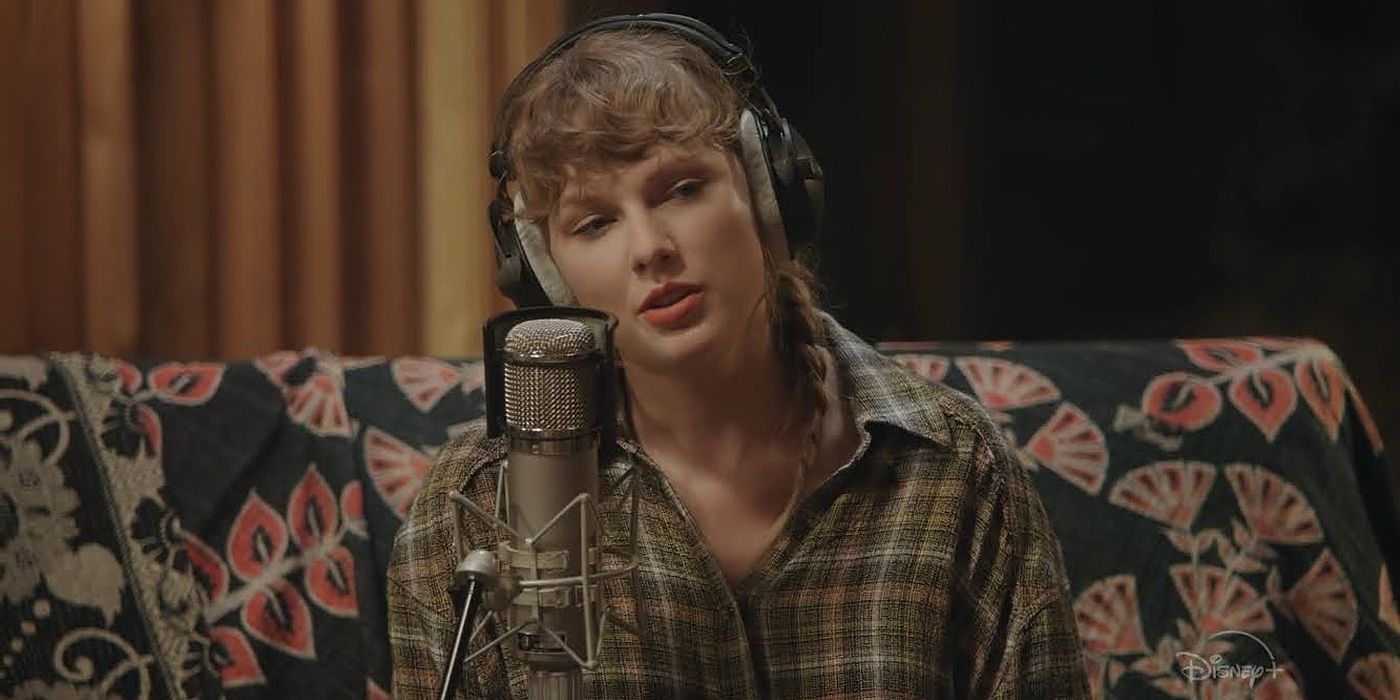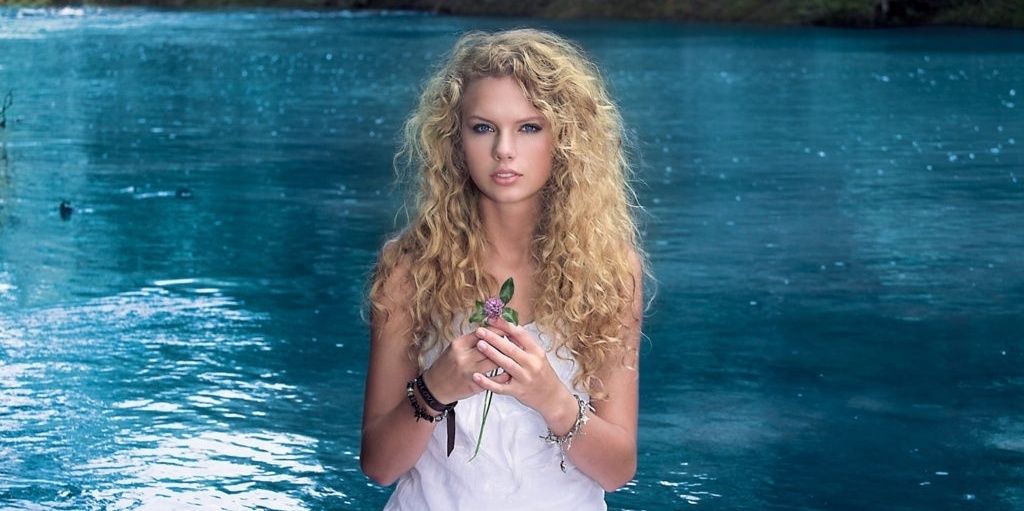Taylor Swift has gone through several changes as an artist over the past several years, becoming one of the most talented singers today. After the release of her January 2020 Netflix documentary, Swift filled the second half of 2020 with surprises by releasing her Folklore and Evermore albums with almost no notice. Her creativity has not stopped flowing, and fans are thrilled to see what Taylor Swift is working on right now.
Taylor Swift's loss of her master recordings has been in the news regularly for over two years. The musician resolved to rerecord the music of her first six studio albums, which were released from 2006-2017. In light of a "Love Story" revival to kick off Swift's rerecordings, fans want to understand how Taylor Swift has reached this liberating height.
What Caused The Dispute Between Taylor Swift & Scooter Braun?
Taylor Swift signed with Big Machine Label Group in 2006 and remained under the label for her first six studio albums. In November 2018, Swift signed with Universal Music Group's Republic Records in a deal that would allow her to own her master recordings for new music from that point forward. Her contract also stipulated that "any sale of UMG's Spotify shares result in a distribution of money to their artists, non-recoupable," which Swift shared in a post on Instagram. Her post also included a note of thanks to Scott Borchetta, the founder of Big Machine Label Group.
However, Swift's warmth towards the label necessarily faded in 2019. In a Tumblr post released in 2019, Swift did not mask her frustration at the company, sharing that she "pleaded for a chance" to own her work. According to Swift, Big Machine wanted the artist to "earn back each of her albums with every new one she created." Swift declined because she knew Scott Borchetta would sell the record label.
Swift continued on Tumblr, " I learned about Scooter Braun’s purchase of my masters as it was announced to the world. All I could think about was the incessant, manipulative bullying I’ve received at his hands for years."Though Taylor Swift knew Borchetta would sell her masters, she never considered he would sell them to Braun, especially as she had confided in Borchetta about the treatment she received at Braun's hands.
Borchetta responded on Big Machine's website with a document including Swift's proposal and Big Machine's response, claiming that "Taylor had every chance in the world to own not just her master recordings, but every video, photograph, everything associated to her career. She chose to leave." The public drama continued when Braun and Borchetta's deal threatened to hinder Swift from using her music. In November 2020, Scooter Braun sold Taylor Swift's $300 million catalog to Shamrock Capital, which is an investment firm that Roy E. Disney founded.
Why Is Taylor Rerecording Her Albums?
In 2019, Taylor Swift told Robin Roberts on Good Morning America, "I think that artists deserve to own their work. I just feel very passionately about that." In the heartfelt letter to fans that Taylor shared on social media ahead of her 2021 rerecorded version of "Love Story" (pictured above), she added, "Artists should own their own work for so many reasons, but the most screamingly obvious one is that the artist is the only one who really *knows* that body of work...This process has been more fulfilling and more emotional than I could've imagined and has made me even more determined to re-record all of my music."
The artist's move to rerecord might be "potentially devaluing the original assets," as The New York Times puts it, but Swift has said it all. She wants to own the body of work that she created, the music that is so personal to her. Fans might say that the rerecordings are Taylor's way of reclaiming what is rightfully hers. The music she made from 2006 to 2017 rests in someone else's hands now, but Swift can recreate the magic of those six albums. Perhaps she can also persuade listeners and future media strongholds to use her new recordings over the old, as Ryan Reynolds did in December 2020 with a fresh "Love Story" excerpt for a Match commercial.
Which Albums Is Taylor Swift Rerecording?
Taylor is rerecording Taylor Swift (2006), Fearless (2008), Speak Now (2010), Red (2012), 1989 (2014), and Reputation (2017). As per her current record deal, Taylor already owns her three most recent studio albums, Lover (2019), Folklore (2020), and Evermore (2020).
Fearless: Taylor's Version is already finished and will have 26 songs, six of which have never been released to the public. The new six almost made the cut for the 2008 Fearless album but have stayed in the vault all this time. "Love Story (Taylor's Version)" was released ahead of the upcoming album on February 12, 2021. The full rerecorded studio album debuts April 9, 2021.
Is Taylor Swift Allowed To Rerecord Her Music?
"My contract says that starting November 2020...I can record albums one through five all over again," Taylor Swift said on Good Morning America in 2019. Rolling Stone also weighed in on the situation in 2019 with music attorney Rachel Stilwell, who said that "Recording agreements almost always restrict artists from re-recording musical compositions embodied on the label’s recordings for a number of years after the expiration of the recording agreement."
Stilwell also noted that TMZ's suggestion of an "original production clause" is common in contracts like the one Swift is working with, meaning that the new recordings could not be direct copies of the existing masters. Rolling Stone gathered from an industry insider that Swift is not required to request "permission from co-writers and producers like Liz Rose and Nathan Chapman. She will, however, need to pay a licensing fee."
Reputation is Taylor's sixth studio album with Big Machine, so she is not yet able to rerecord it. Stilwell notes that contracts often prohibit rerecording music until two years after agreements expire or five years following an album's commercial release. All this would mean that Reputation might arrive sometime in 2022.
How Will The Rerecords Affect The Original Masters?
Taylor Swift and her supporters obviously look forward to Taylor owning versions of all of her songs. Fans are already excited upon hearing adult Taylor revisit songs she first wrote and performed as a teenager. Taylor has even spoken about the prospect of singing her songs with a more mature voice.
In November 2020, Taylor Swift was interviewed on Good Morning America about Folklore: The Long Pond sessions on Disney+. In response to a video question from George Stephanopoulos' daughter, Taylor Swift said that hearing her younger, teenage voice sometimes made her feel like she's "a different singer now," and she has most enjoyed rerecording songs that she might even be able to improve.
The rerecordings are likely to become devoted fans' new go-to versions. After being named their Woman of the Decade in 2019, Swift told Billboard that she wants her "music to live on" and would only like for it to be in commercials and movies if she has ownership over the music. It will be interesting to see entirely new recordings of Swift's lifetime hits presented in various ways throughout popular culture. Though some people will always have an attachment to Swift's previous work (and Swift cares about that, too), the artist is strongly forging ahead to usher in the next chapter of what seems like a brand new book altogether.

